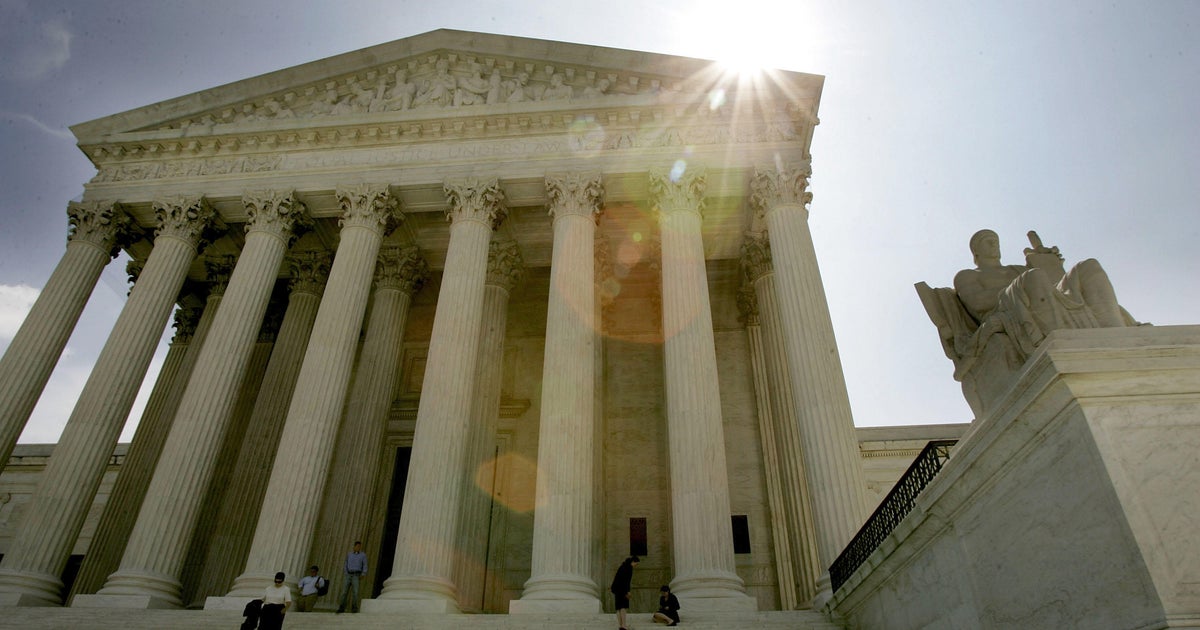5 reasons Trump is cheesed off about Canada
President Donald Trump has put Canada on notice about trade issues. That may leave many Americans scratching their heads, given that the country's northern neighbor hasn't sparked as much rhetoric from the current administration as Mexico.
That may be changing. Mr. Trump in recent days has cited two issues as specific concerns: the Canadian dairy and softwood industries. Both have stirred long-term concerns among American producers, and the Trump administration's tough stance on trade is now pushing the disputes to the forefront.
While the president has backed away from his pledge to cancel the North Atlantic Free Trade Agreement (NAFTA), he's still itching to renegotiate the deal. Trump's NAFTA complaints have mostly focused on how the two-decade-old trade agreement has shipped American manufacturing jobs to Mexico, a phenomenon that Canadian factories have also felt. But the administration's irritation with Canada hinges on what it's describing as unfair protectionist policies.
"Canada has made business for our dairy farmers in Wisconsin and other border states very difficult. We will not stand for this," Mr. Trump tweeted last week.
Trade between the U.S. and Canada has mushroomed since NAFTA went into effect in 1994, yet it's "fairly balanced" between the two countries, according to Oxford Economics. The U.S. economy is 10 times bigger than that of Canada, which is "highly dependent" on American trade.
"In fact, Canada has a minor deficit in goods and services trade vis-à-vis the U.S.," Oxford senior economist Oren Klachkin wrote earlier this year in a research note.
He added, "Canada will want to reach a final resolution to the persistent softwood lumber dispute, and find a middle ground on what U.S. producers call 'protectionist' Canadian dairy products policies. Much remains to be seen how this entire process would unfold."
What's going on with Mr. Trump's protests against Canadian trade policies? Here are five reasons the president is cheesed off.
The dairy dispute is focused on "ultra-filtered milk." This product, used to make cheese and butter, had been exported by American dairy processors to Canada. But that business dried up after the Canadian dairy industry created a new pricing structure that effectively makes it cheaper to buy ultra-filtered milk domestically. The Canadian government contends its dairy industry is less protectionist than its American counterpart, and pointed to overproduction as a cause of "poor results," according to an April letter from David MacNaughton, Canada's ambassador to the U.S., sent to New York Governor Andrew Cuomo and Wisconsin Governor Scott Walker.
U.S. dairy farmers are losing business. It's not yet clear what the impact will be, since some of the American dairy farmers who lost business are securing new contracts with other processors. U.S. dairy farmers export about 15 percent of their milk production, valued at $5 billion a year, according to the National Milk Producers Federation.
The question of "fair trade" softwoods. A smoldering dispute caught fire this month when the Trump administration said it would slap new tariffs on Canadian softwood imports. U.S. lawmakers have argued that Canada effectively subsidizes its industry because it cuts timber from public lands, something that's not widely available to U.S. producers. U.S. Commerce Secretary Wilbur Ross described the tariffs, which average 20 percent, as "a pretty big deal in terms of the Canadian relationship."
The bigger framing of Canada's trade policies. Some critics say Canada is the trade partner to watch, citing the dairy and softwood disputes as two examples of how the country is unfairly protectionist. Prime Minister Justin Trudeau has taken issue with the American critics, saying it's an example of the pot calling the kettle black. "Let's not pretend we're in a global free market when it comes to agriculture," he said in April.
Reconsidering "buy American" under NAFTA. Commerce Secretary Ross has signaled he wants to tighten the trade agreement's "rules of origin," which outline how much of an import can be made from materials outside the U.S., Canada or Mexico and still qualify for tax-free shipping. That could add taxes to imports from Canada. On top of that, according to Oxford Economics, Mr. Trump may want to do away with a NAFTA "buy American" clause that includes Canadian goods.
Correction: This story was updated to clarify it was the Canadian dairy industry, not the government of Canada, which lowered prices.



